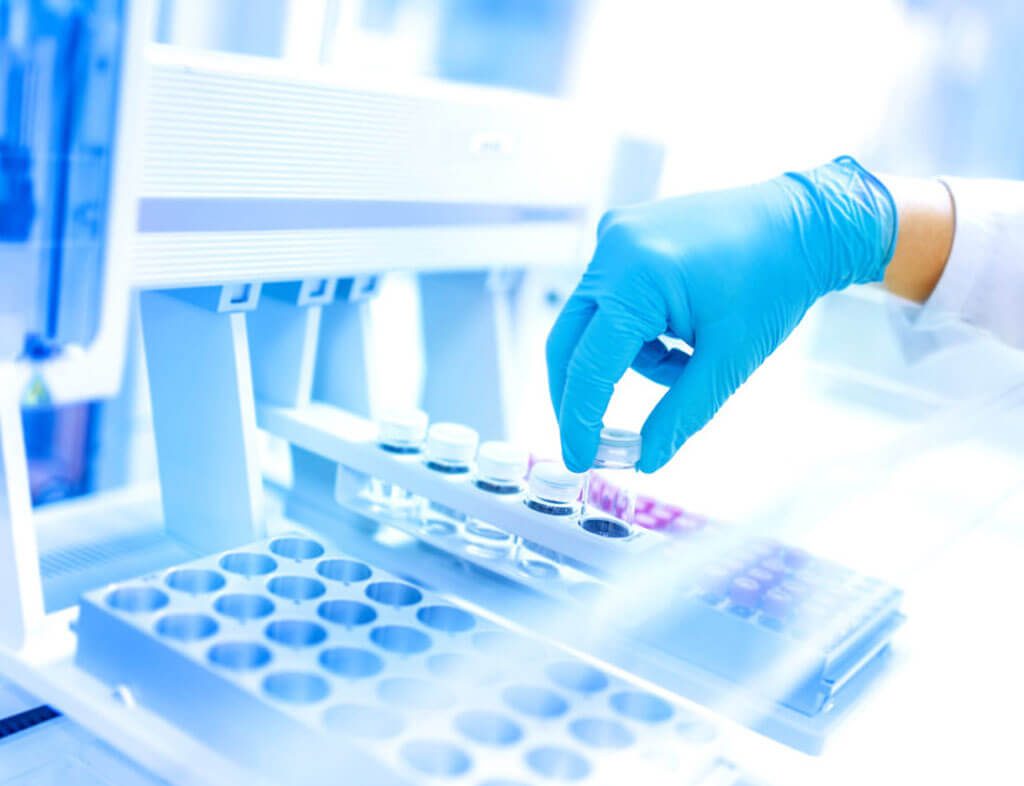Exosomes therapy for orthopedic treatments promote tissue repair and regeneration in:
Exosome therapy for orthopedics
| osteoarthritis | cartilage degeneration |
| tendinopathy | ligament injuries |
| bone fractures | tendon injuries |
| inflammation | tendonitis |
| tissue damage | cartilage injuries |
| avascular necrosis | loss of function |
| osteoarthritis |
| tendinopathy |
| bone fractures |
| inflammation |
| tissue damage |
| avascular necrosis |
| cartilage degeneration |
| ligament injuries |
| tendon injuries |
| tendonitis |
| tendonitis |
| loss of function |
Exosome Therapy Advantages
Exosomes have the potential to promote bone regeneration and healing. Studies have shown that exosomes derived from bone marrow stem cells can stimulate bone formation and improve fracture healing in animal models.
Exosomes derived from MSCs have been shown to contain a variety of signaling molecules, such as growth factors and cytokines, that can promote tissue regeneration and reduce inflammation. These exosomes have been studied extensively in preclinical models of orthopedic conditions, such as osteoarthritis, tendinopathy, and bone fractures, with promising results.
Exosomes derived from MSCs have been shown to promote chondrogenesis and reduce inflammation, leading to improved joint function. In bone fractures, exosomes derived from MSCs have been shown to stimulate bone formation and improve fracture healing.
One of the advantages of using exosomes derived from MSCs for orthopedic treatments is that they can be administered in a minimally invasive manner, such as by injection, which can reduce the need for surgery and associated risks.
Mode of action in orthopedic treatments
Exosomes derived from mesenchymal stem cells (MSCs) have been studied as a potential therapeutic option for orthopedic treatments. Orthopedic conditions involve the musculoskeletal system, such as bone, cartilage, and tendon, and can include injuries, degenerative diseases, and chronic pain.
The mode of action of MSC-derived exosomes for orthopedic treatments likely involves several mechanisms, including:
Anti-inflammatory effects
MSC-derived exosomes contain a variety of anti-inflammatory molecules, such as cytokines and microRNAs, which may help to reduce inflammation in damaged tissues and promote tissue repair.
Chondrogenic and osteogenic differentiation
MSC-derived exosomes can regulate the hair growth cycle, which can help to promote the growth of new hair and prevent hair loss.
Extracellular matrix remodeling
MSC-derived exosomes can remodel the extracellular matrix of the injured tissue, which can facilitate tissue repair and regeneration.
Immunomodulatory effects
MSC-derived exosomes can modulate the immune response, which may be beneficial in the treatment of autoimmune-related orthopedic conditions.
Pain relief
MSC-derived exosomes may have analgesic effects, which can help to reduce pain associated with orthopedic conditions.
Indications for orthopedic treatments
Mesenchymal stem cell (MSC)-derived exosomes have shown potential in addressing various orthopedic conditions due to their regenerative, anti-inflammatory, and immunomodulatory properties. Ideal patients for MSC-derived exosome treatment in orthopedic applications may include those who:
Suffer from osteoarthritis
Patients with osteoarthritis experiencing pain, inflammation, and joint degeneration may benefit from MSC-derived exosome treatment, as it can help promote cartilage regeneration, reduce inflammation, and modulate the immune response.
Have tendon or ligament injuries
Patients with tendon or ligament injuries, such as tendonitis, tendinopathy, or partial tears, may find MSC-derived exosome treatment helpful in promoting tissue repair, reducing inflammation, and accelerating the healing process.
Experience bone fractures or non-unions
Patients with bone fractures or non-unions that are slow to heal or not healing properly may benefit from MSC-derived exosome treatment, as it can promote bone regeneration, enhance angiogenesis, and support the overall healing process.
Undergo joint replacement surgery
Patients undergoing joint replacement surgery may find MSC-derived exosome treatment beneficial in promoting tissue repair, reducing inflammation, and potentially shortening the recovery period.
Seek treatment for avascular necrosis
Patients with avascular necrosis, a condition where bone tissue dies due to lack of blood supply, may benefit from MSC-derived exosome treatment, as it can promote angiogenesis, support bone regeneration, and reduce inflammation.
Have cartilage injuries
Patients with cartilage injuries or defects, such as chondral lesions, may benefit from MSC-derived exosome treatment, as it can promote cartilage regeneration and repair.
It’s important to note that while MSC-derived exosome treatment may be suitable for many patients with various orthopedic conditions, the decision should be made on an individual basis after thorough evaluation and consultation with a qualified medical professional. They can assess the patient’s specific needs, expectations, and medical history to determine the most appropriate treatment approach.

EXOJOINTS Procedure
Exosomes are extracted from human mesenchymal stem cells and thoroughly tested for quality and quantity. Containing valuable lipids, messenger RNA, cytokines, and proteins, our bank of Exosomes will be administered accordingly with the Specialist recommendation.
With its specialized laboratories housing all the equipment needed to carry out any Exosome treatment successfully, Bioscience is the only clinic with the ability to help patients achieve the desired results. Before any procedure, extensive steps are taken to ensure that all products undergo a strict screening process that certifies sterility, safety for use, and endotoxin testing.
Request Exosome treatment for orthopedic treatments
Request a consultation now on EXOJOINTS – Exosome therapy for orthopedic treatments, the new frontier in regenerative medicine. Email info@bioinst.com or fill out the form below to be contacted by one of our experts.
(*) Required fields

